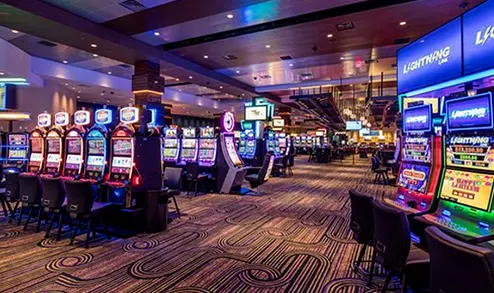 The Iowa Court of Appeals has reversed the conviction of a woman from Cedar Rapids, who allegedly helped her boyfriend, Anthony McNeese, to avoid paying $41k in unpaid fines and $1,300 in child support obligations after winning a $4k slot machine jackpot in Waterloo in 2020. During a 2022 trial, a Black Hawk County jury convicted Sydney Leiann Slaughter, 35, of pretending to have won the slot jackpot.
The Iowa Court of Appeals has reversed the conviction of a woman from Cedar Rapids, who allegedly helped her boyfriend, Anthony McNeese, to avoid paying $41k in unpaid fines and $1,300 in child support obligations after winning a $4k slot machine jackpot in Waterloo in 2020. During a 2022 trial, a Black Hawk County jury convicted Sydney Leiann Slaughter, 35, of pretending to have won the slot jackpot.
Slaughter and her boyfriend, Anthony McNeese, visited the Isle Casino Hotel in Waterloo in November 2020. According to prosecutors, McNeese won a $4,000 slot machine jackpot. However, he owed the state $41k in fines. Besides, he had $1,300 in unpaid child support obligations. Court records stipulate that the man’s winnings would go to repay part of the amount he owes. To save her boyfriend the disappointment of bidding farewell to the money, Slaughter decided to tell the casino staff, who came to verify the jackpot, that she wanted 95% of the winnings to be applied to her federal income tax.
Casino employees decided to check the surveillance camera footage. Court records claim that Slaughter allegedly admitted that it was McNeese who had been playing. Thus, McNeese claimed the jackpot and applied 95% of it to his federal income tax.
Why Slaughter Had Her Criminal Conviction Off?
Slaughter, on the other hand, was convicted of a false claim of winning in 2022. Slaughter’s attorney, however, argued that the state prohibited the practice of sharing and passing off a winning to avoid paying offsets in 2022, or two years after the incident. The defense stated that the law applied to attempts to claim a win to deceive the casino or the actual winner.
The court rejected the defense’s argument but found that the state could not prove that Slaughter did not make the wager thanks to which her boyfriend won the jackpot. According to Judge Mary Tabor, Slaughter might have not pushed the button but might have funded the wager that led to the jackpot. Therefore, the court did not exclude the option that Slaughter might have been the one who made the wager. Surveillance video footage proved that Slaughter and McNeese were a gambling team.
According to the Court of Appeals, the trial court made a mistake by allowing an agent for the Detective Chief Inspector to testify that making a wager comes down to pressing the button on the slot machine. As a result, the case was sent back to the district court to vindicate Slaughter. Appeals Court Judge Sharon Soorholtz Greer, however, disagreed with the ruling and wrote a dissenting opinion, stating that the evidence was enough to incriminate the woman.
 This May, Brazilian sport was rocked by a huge match-fixing scandal. As a result, 16 soccer players, including seven professional footballers, have been accused of accepting large sums to commit fouls and manipulate the outcomes of several games. Two months later, Brazil officially regulated sports betting, passing Provisional Measure 1182. The new decree imposes an 18% tax on operators’ revenue. It also provides for the establishment of a new gambling regulator, which will also include salaried federal police officers and financial investigators.
This May, Brazilian sport was rocked by a huge match-fixing scandal. As a result, 16 soccer players, including seven professional footballers, have been accused of accepting large sums to commit fouls and manipulate the outcomes of several games. Two months later, Brazil officially regulated sports betting, passing Provisional Measure 1182. The new decree imposes an 18% tax on operators’ revenue. It also provides for the establishment of a new gambling regulator, which will also include salaried federal police officers and financial investigators. 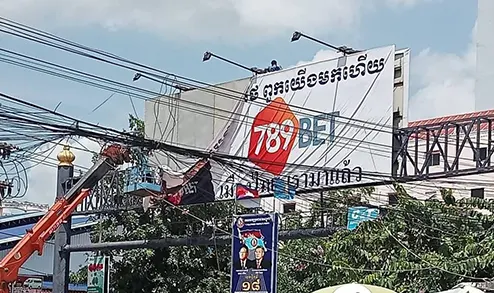 Banteay Meanchey province’s Governor Oum Reatrey ordered local authorities to remove billboards advertising online gambling in front of the Poipet Customs and Excise Office. The move came soon after residents expressed their concerns regarding the billboards, encouraging locals to engage in online gambling, which is illegal for Cambodian residents. Although the governor and town administration acted promptly to the public outcry, people wonder who allowed these online gambling billboards to be installed at all.
Banteay Meanchey province’s Governor Oum Reatrey ordered local authorities to remove billboards advertising online gambling in front of the Poipet Customs and Excise Office. The move came soon after residents expressed their concerns regarding the billboards, encouraging locals to engage in online gambling, which is illegal for Cambodian residents. Although the governor and town administration acted promptly to the public outcry, people wonder who allowed these online gambling billboards to be installed at all.  Richmond Lodge No. 1 of the Good Lions, Inc., a nonprofit organization that runs charitable gaming events twice a week at a Richmond bingo hall, is trying to block a second casino referendum in Richmond. On August 11, the nonprofit filed motions, asking the judge to reverse the court’s decision, which allows the city’s top election administrator to put a second casino vote on the November ballot. Good Lions argues that the city violated the Virginia Constitution by allowing an out-of-state developer to build a casino resort without a competitive bidding process. This Tuesday, a hearing on the motion is expected to take place.
Richmond Lodge No. 1 of the Good Lions, Inc., a nonprofit organization that runs charitable gaming events twice a week at a Richmond bingo hall, is trying to block a second casino referendum in Richmond. On August 11, the nonprofit filed motions, asking the judge to reverse the court’s decision, which allows the city’s top election administrator to put a second casino vote on the November ballot. Good Lions argues that the city violated the Virginia Constitution by allowing an out-of-state developer to build a casino resort without a competitive bidding process. This Tuesday, a hearing on the motion is expected to take place. 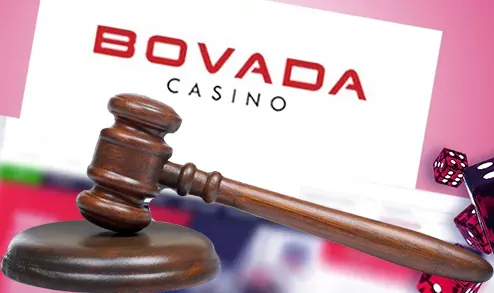 Last Tuesday, Billi Jo Woods, a man from Kentucky, filed a class action lawsuit in the U.S. District Court for the Eastern District of Kentucky against the operator of the offshore sports betting and gambling platform Bovada. Plaintiff Woods claims that Bovada violated state laws by operating in the United States without having proper licenses. The legal action targets Morris Mohawk Group, Alwynn Morris, Calvin Ayre, and Harp Media BV, whose sites offer sports betting and gambling services without being regulated by the state.
Last Tuesday, Billi Jo Woods, a man from Kentucky, filed a class action lawsuit in the U.S. District Court for the Eastern District of Kentucky against the operator of the offshore sports betting and gambling platform Bovada. Plaintiff Woods claims that Bovada violated state laws by operating in the United States without having proper licenses. The legal action targets Morris Mohawk Group, Alwynn Morris, Calvin Ayre, and Harp Media BV, whose sites offer sports betting and gambling services without being regulated by the state.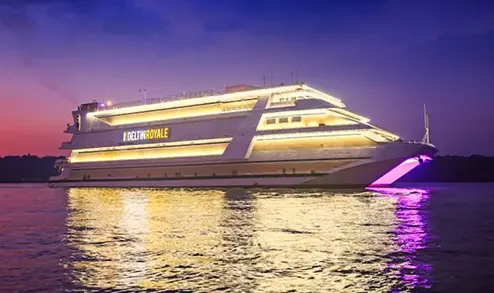 The Goa State Environment Impact Assessment Authority (SEIAA) finally approved Delta Corp Limited’s casino-integrated township project at Dhargalim, Pernem. The company will invest Rs 3,000 crore in its resort and casino township project, which will spread over 90 acres of land near Mopa airport.
The Goa State Environment Impact Assessment Authority (SEIAA) finally approved Delta Corp Limited’s casino-integrated township project at Dhargalim, Pernem. The company will invest Rs 3,000 crore in its resort and casino township project, which will spread over 90 acres of land near Mopa airport. 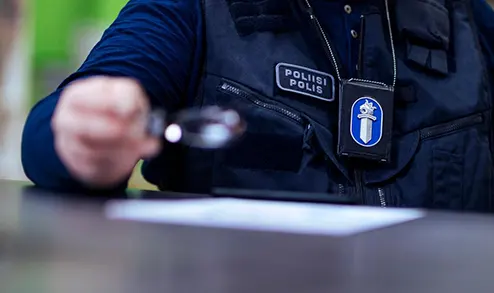 This Thursday, one of the most long-awaited events within the racing vertical, the World Rally Championship (WRC), kicked off in Finland. Earlier this week, gambling operators were warned that the country’s National Police Board (NPB) would supervise gambling marketing during the event. According to the police, offshore gambling companies may try to take advantage of the high viewership of the event and advertise their services. Possible breaches of the company’s gambling advertising ban will result in hefty financial penalties for erring operators.
This Thursday, one of the most long-awaited events within the racing vertical, the World Rally Championship (WRC), kicked off in Finland. Earlier this week, gambling operators were warned that the country’s National Police Board (NPB) would supervise gambling marketing during the event. According to the police, offshore gambling companies may try to take advantage of the high viewership of the event and advertise their services. Possible breaches of the company’s gambling advertising ban will result in hefty financial penalties for erring operators. 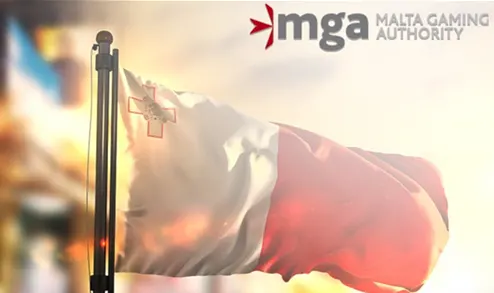 The Malta Gaming Authority (MGA) has suspended Egmit Elite’s gambling license following an investigation, which revealed that the company operating Elite24bet Casino breached the country’s gambling laws multiple times. According to a report released by the gambling watchdog, the company experienced substantial financial difficulties. As a result, it failed to process payouts to players and pay its financial obligations to the authority. The report also states that the company did not comply with an order issued by the MGA.
The Malta Gaming Authority (MGA) has suspended Egmit Elite’s gambling license following an investigation, which revealed that the company operating Elite24bet Casino breached the country’s gambling laws multiple times. According to a report released by the gambling watchdog, the company experienced substantial financial difficulties. As a result, it failed to process payouts to players and pay its financial obligations to the authority. The report also states that the company did not comply with an order issued by the MGA. 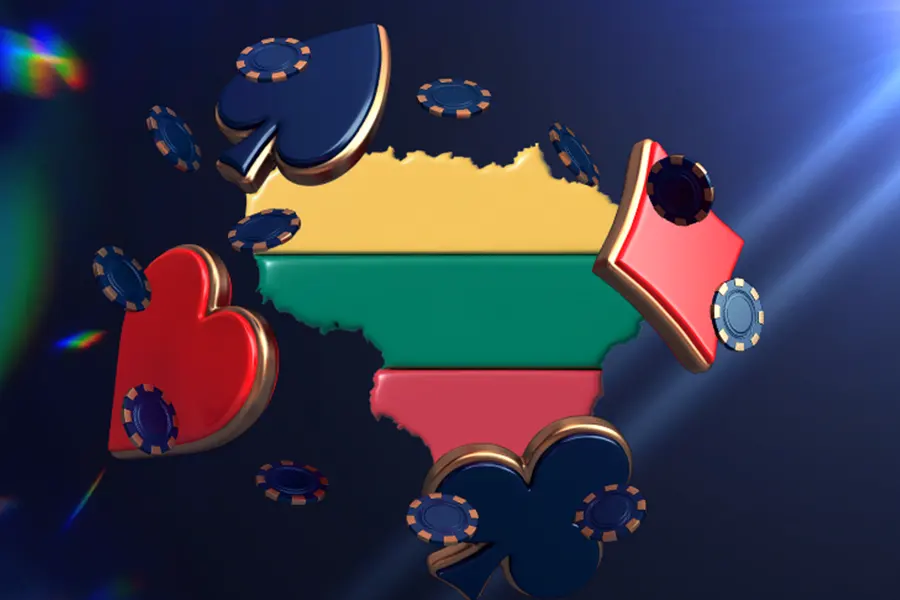 A resolution seeking to introduce some reforms to state fees, payments, and refunds in various sectors has been approved by the Lithuanian Ministry of Finance. The resolution mostly affects the gambling industry, significantly increasing licensing costs. Lawmakers introduced the recently approved resolution in a bid to create a balance between foreign and local gambling operators and ensure the integrity of the industry. The resolution affects not only licensing fees but also permit extension costs.
A resolution seeking to introduce some reforms to state fees, payments, and refunds in various sectors has been approved by the Lithuanian Ministry of Finance. The resolution mostly affects the gambling industry, significantly increasing licensing costs. Lawmakers introduced the recently approved resolution in a bid to create a balance between foreign and local gambling operators and ensure the integrity of the industry. The resolution affects not only licensing fees but also permit extension costs. 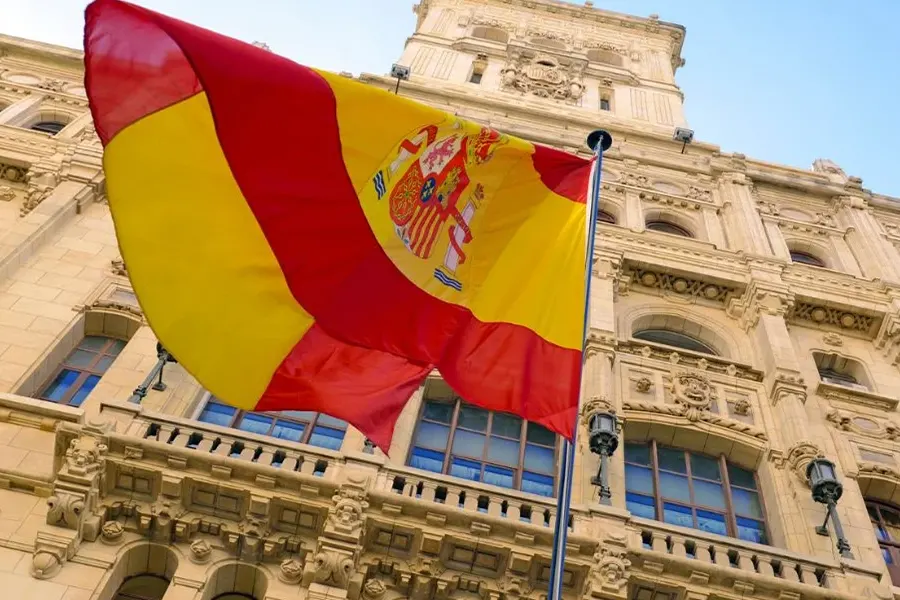 Spain’s recent elections ended with no party gaining an overwhelming majority. Struggling to increase political support, two Spanish political parties, Popular Party (PP) and Vox (VOX), have joined forces to take over the reigning Spanish Socialist Worker’s Party (PSOE). The two parties’ strategy is to use sports betting to garner enough political support. The recently formed coalition has authorized 36 new sports betting shops in Salamanca and Valladolid, provinces of the autonomous community of Castilla y León.
Spain’s recent elections ended with no party gaining an overwhelming majority. Struggling to increase political support, two Spanish political parties, Popular Party (PP) and Vox (VOX), have joined forces to take over the reigning Spanish Socialist Worker’s Party (PSOE). The two parties’ strategy is to use sports betting to garner enough political support. The recently formed coalition has authorized 36 new sports betting shops in Salamanca and Valladolid, provinces of the autonomous community of Castilla y León.